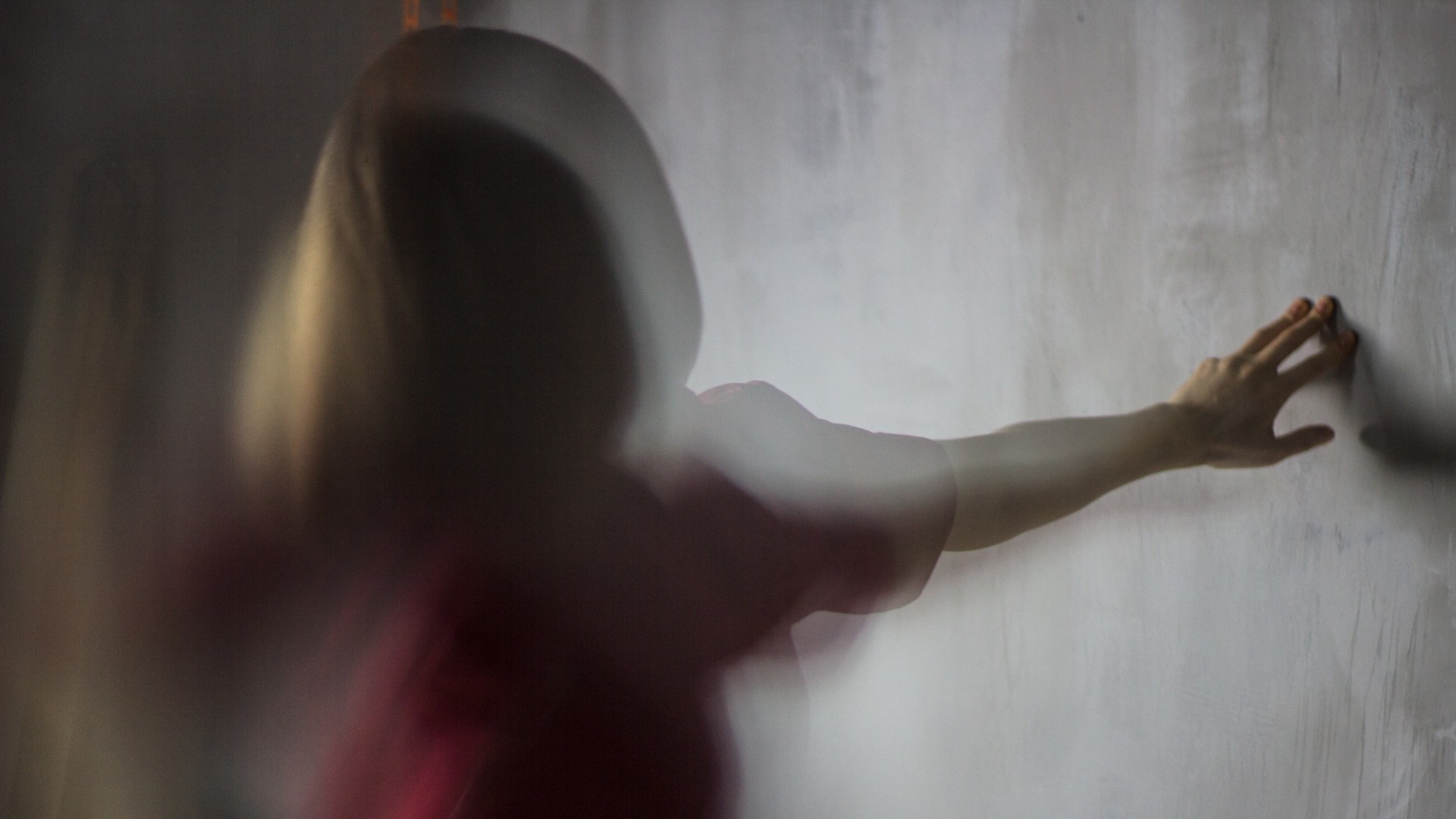Kim Davis, a county clerk in Kentucky who objects to same-sex marriage, stopped issuing marriage licenses altogether, was ordered by a federal judge to resume her duty, refused to comply, and now is in jail for contempt of court. (Take a moment to read Joe Carter’s explainer on this story to catch up.)
I’m still working through what I think about this situation. It’s difficult because there are so many issues involved and goods to weigh, and I’m still trying to separate my feelings about the unfairness of singling out Kim Davis (as opposed to other officials who refuse to do their job) from the question of what Kim Davis should do. To help you think through this, there’s a symposium discussing these issues over at Breakpoint:
[B]ecause Davis is a government employee, it’s a complicated situation with many angles. Christians are divided on Davis’ actions, and the response by authorities. At issue are questions about the nature of religious liberty, the duty of Christians in government, and what godly civil disobedience looks like.
Here are a few excerpts from the symposium:
From Andrew Walker (this one most closely mirrors where I stand as of now):
The Supreme Court is where ultimate blame rests involving Kim Davis. Court rulings that are truly rooted in justice should seamlessly integrate into a state’s laws. Rulings should not circumvent the democratic process, pre-empt state action, and leave civil society in a state of fractious tumult. Unfortunately, that’s what Obergefell did, and now we’re seeing its disastrous effects in state jurisdictions such as Kentucky. That, and needless escalation in terms of incarceration, coupled with government inaction has brought us to the situation we’re in.
We must recognize the crucial difference between the religious liberty claims of private citizens and government officials. While government employees don’t lose their constitutional protection simply because they work for the government, an individual whose office requires them to uphold or execute the law is a separate matter than the private citizen whose conscience is infringed upon as a result of the law. It means the balancing test is different when it comes to government officials because of their roles as agents of the state. Government officials have a responsibility to carry out the law. When an official can no longer execute the laws in question due to an assault on conscience, and after all accommodating measures have been exhausted, he or she could work for change as a private citizen, engaging the democratic process in hopes of changing the questionable law.
From Shane Morris:
[W]e do and should discriminate when it comes to right and wrong, and natural law, which supersede the power of government, contrary to what Judge David Bunning says. This is the very concept that inspired the American Revolution, and a Civil Rights activist generations later from a Birmingham jail cell: There is a Law above the law. And any manmade law in contradiction to it is “no law at all.”
A Christian woman is in jail for upholding the definition of marriage set in place at creation against one just invented by Anthony Kennedy. I don’t feel comfortable telling her she’s wrong, or that she should just do her job. She’s standing on the side of reality, of natural law, and God, against a depraved fantasy.
From Michael Brown:
[W]hat cannot be debated is that the national outrage against Kim Davis has nothing to do with her refusing to obey the law and everything to do with her Christian beliefs. Had she found herself on the opposite end of the conflict and had she stood for “gay rights,” refusing to obey a law that she felt discriminated against them, she would be praised from coast to coast.
I encourage you to read everyone’s full comments over at Breakpoint. At the end of the post, there are links to several articles from different viewpoints that I’ve also found helpful, and there are plenty more out there. Ryan Anderson recommends a way forward where beliefs are accommodated and licenses are still obtained. Rod Dreher comes down hard on Davis and warns her actions will bring about serious consequences for religious liberty. Douglas Wilson takes the opposite position, saying Davis should not back down.
This is not a simple issue. Rule of law is what makes a good society possible, and the value we place on it should be great—it should never be compromised as part of a regular strategy for getting what we want. (I suspect the fact that we don’t believe the other side feels this way is fueling a lot of the support for Davis’s actions.) But there is also a time and place for civil disobedience, grounded in a Law higher than man’s, against an unjust law. Determining where the line should be drawn between them is not a simple task, and it deserves careful thought.

